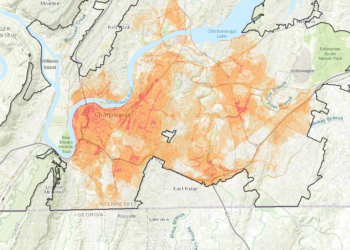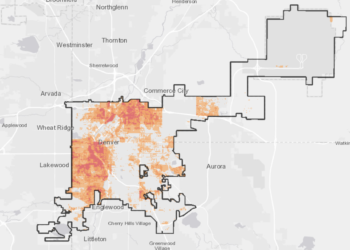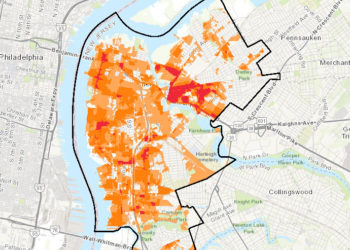Climate-Smart Cities – Project Gallery

Natural Solutions Tool Greater Chicago
Discover new ways to harness the power of nature to achieve multiple social, environmental, and economic benefits with the Natural Solutions Tool. The tool is a robust parcel prioritization map that anyone can use to explore and collect data about sites within Chicago-area watersheds. The tool’s parcel data is an excellent resource for driving funding of green infrastructure to communities of the greatest need.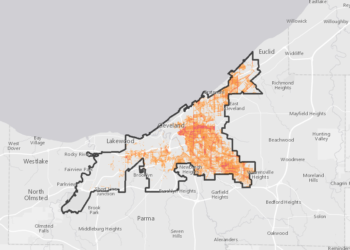
Climate-Smart Cities Cleveland
With a grant from the Environmental Protection Agency (EPA), through the National Oceanic and Atmospheric Administration (NOAA), The Trust for Public Land’s national Climate-Smart Cities program is partnering with the City of Cleveland in providing key planning and decision-making support to help the city achieve regional resiliency goals by leveraging the power of green infrastructure for a healthy Great Lakes region and for those who need it most.
Climate-Smart Cities Richmond
The Trust for Public Land is working with city staff, public agencies, and community organizations to help Richmond implement climate mitigation policies by prioritizing projects and generating climate-related funding.
Climate-Smart Cities Providence
Together with municipal and community partners from six Rhode Island cities (Providence, Central Falls, Pawtucket, East Providence, Cranston, and Warwick), we’re bringing cutting-edge science, Geographic Information Systems (GIS) planning, and innovative design to prepare the entire region for a climate-resilient future with a particular emphasis on investments for underserved populations and integrated water management solutions.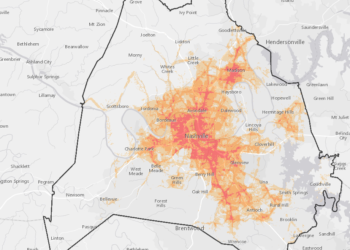
Climate-Smart Cities Nashville
The Trust for Public Land’s national Climate-Smart Cities™ program is providing key planning and decision-making support to help the city achieve the goals laid out by the City of Nashville. Together with city and community partners, we’re bringing cutting-edge science, Geographic Information Systems (GIS) planning, and innovative design to prepare the entire region for a climate-resilient future with a particular emphasis on underserved populations and critical at-risk infrastructure.
Climate-Smart Cities – New Orleans
Our Climate-Smart Cities™ process bring together a team of experts to research, design, and build the infrastructure and tools that help increase our resilience to climate change.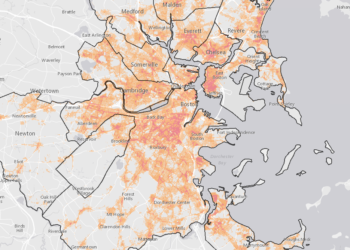
Climate-Smart Cities™ Boston Metro Mayors Region
Our Climate-Smart Cities™ process bring together a team of experts to research, design, and build the infrastructure and tools that help increase our resilience to climate change.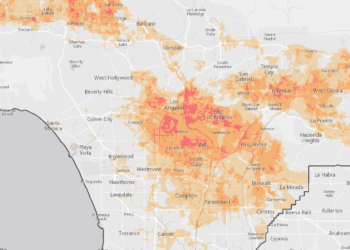
Climate-Smart Cities – Los Angeles
Through our Climate Smart Cities Program at The Trust For Public Land we help cities strategically use parks and natural lands as “green infrastructure.”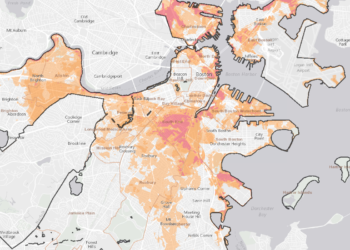
Climate-Smart Cities – Boston
The City of Boston is tackling the challenges associated with climate change head on. In a city where a densely populated highly urbanized meets the sea, the city is doing the hard work to prepare for sea level rise, increasing urban temperatures, greater precipitation, and other risks through their robust and comprehensive climate analysis and action plan, Climate Ready Boston.
Climate-Smart Cities – New York City
The Planning for a Healthy, Connected Chattanooga initiative uses Geographic Information Systems (GIS) to develop a detailed strategy to take this work to the “next level,” demonstrating how strategic green space planning contributes to a resilient Chattanooga.